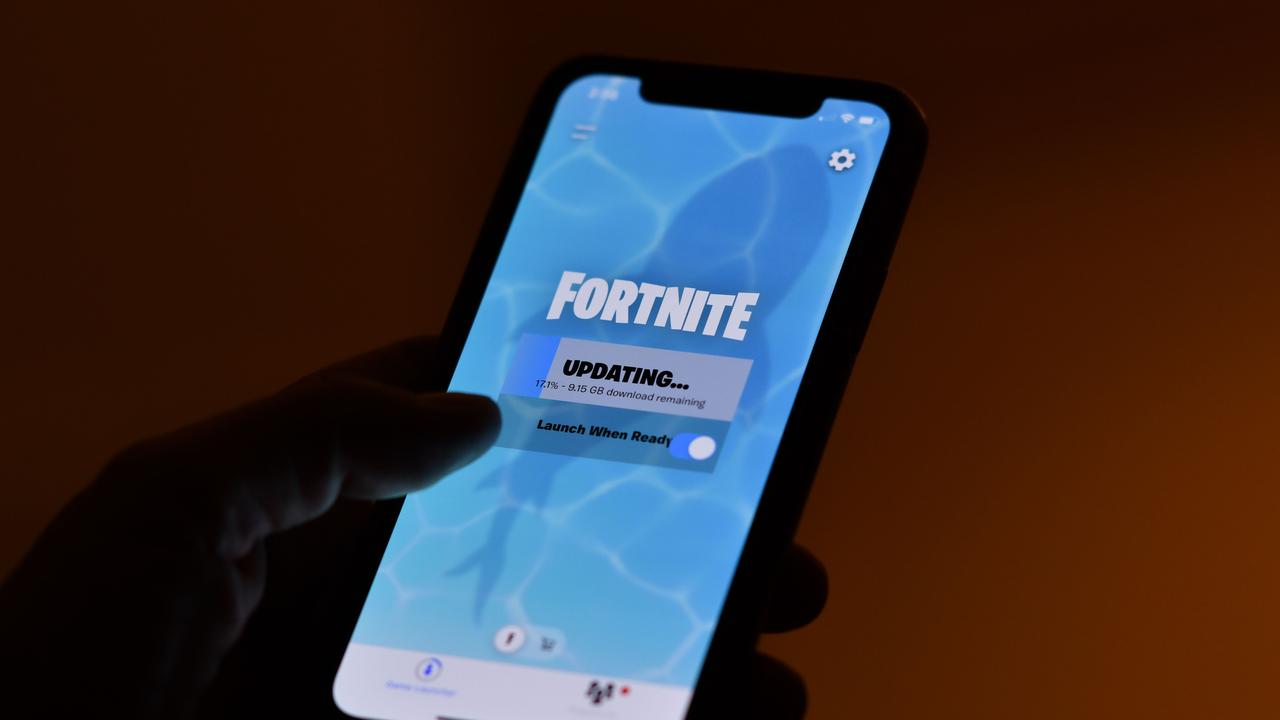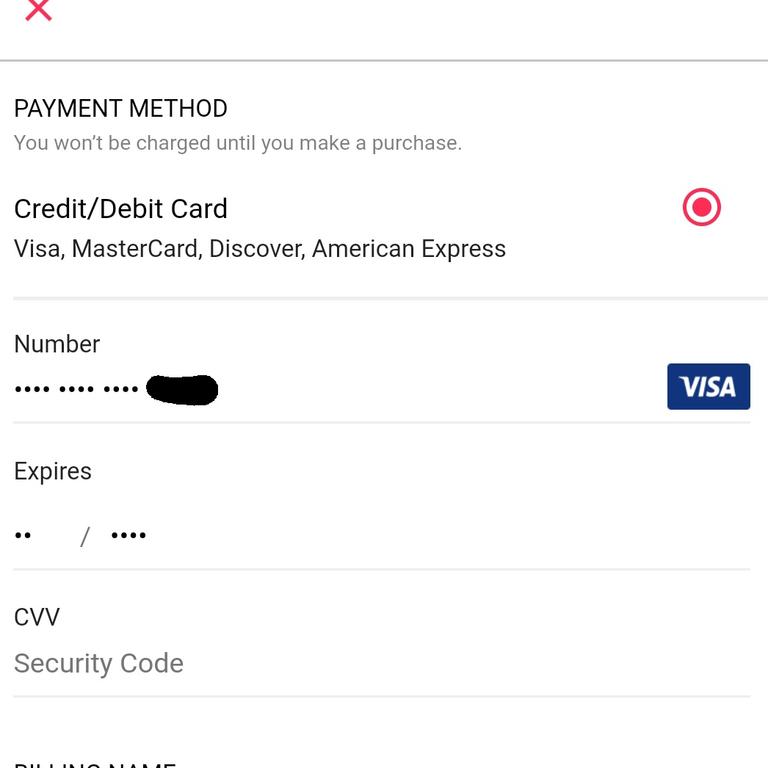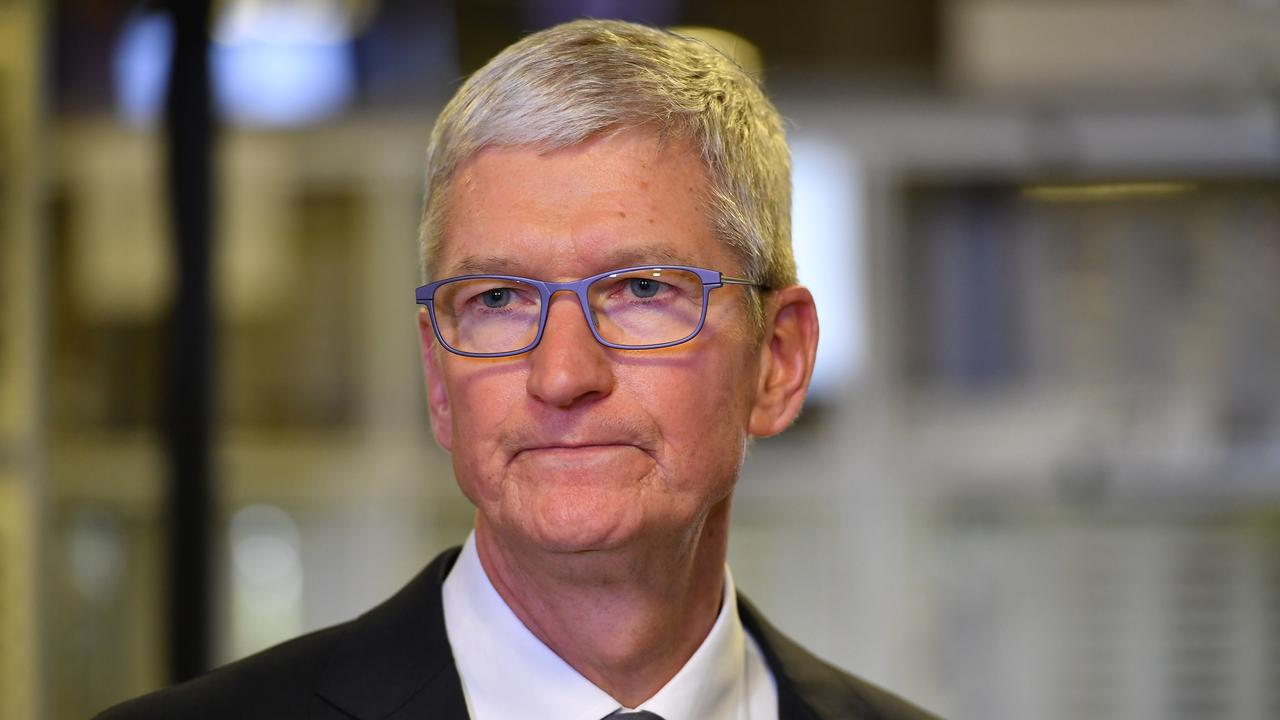Apple deletes Fortnite over direct payment, despite Music on Android doing it too
Apple has kicked developers off its walled garden App Store for doing the exact same thing that it does on a rival platform to get around a costly tax.
Computing giant Apple is being accused of anti-competitive behaviour in its war with app developers who want to escape its 30 per cent commission on in-app payments, while over on Android, Apple’s apps are doing the same thing.
Epic Games, the makers of the global phenomenon Fortnite announced it would sue Apple last week after Fortnite was removed from the App Store following Epic’s addition of a direct payment option for its in-game currency.
Using direct payments made the currency cheaper for gamers and meant Epic wouldn’t have to pay 30 per cent of the price to Apple.
RELATED: Apple in fresh fight over iPhone

RELATED: China’s global dominance is ‘done’
Apple collects that money from purchases made in apps and it’s a requirement of games being listed on the App Store, which is the only way to get it on to iPhones and iPads.
“Apps may not use their own mechanisms to unlock content or functionality, such as license keys, augmented reality markers, QR codes, etc,” Apple’s App Store review guidelines read.
“Apps and their metadata may not include buttons, external links, or other calls to action that direct customers to purchasing mechanisms other than in-app purchase.”
For consumers this makes it easy to make purchases as well as keep track of subscriptions, which are linked to your Apple ID where you can easily see which ones you have and cancel them if you wish.
But it also contributes to Apple’s bottom line, and it would appear the publicly traded company’s commitment to shareholders outweighs its commitment to consumer convenience.
That would be why Apple Music subscribers with Android phones have to pay Apple directly to use the service on their phone.
RELATED: Apple’s ‘terrifying’ move over logo

RELATED: ‘Ridiculous’ phone prices slammed
On the Android Play Store, the barrier for entry is lower than on Apple (a policy that is reflected in the number and general quality of apps on each store and why there are usually several copycat apps for every genuine one on the Play Store).
Google still takes the same 30 per cent cut, and also pulled Fortnite after it added the direct payment option that left the tech giant out of the transaction.
SO WHY IS IT A DIFFERENT STORY FOR APPLE?
The Play Store policies state game developers need to use in-app billing, but other apps don’t have to use it if the payment is being received for physical products (like if you order a new outfit through a clothing store’s app), or the payment is for digital products that can be consumed outside of the actual app (the example Google gives is for songs that could be listened to in a different app or music player).
Apple isn’t breaking any laws or even store policies by requiring direct payment for Apple Music subscriptions on the Android app, but it does show that it will do the same thing it’s getting mad at other developers for doing when given the chance.
Epic Games tried to include a direct payment option before being removed from the App Store and Play Store.
Other companies have tried to get around the 30 per cent cut Apple pays in the past with varying levels of success.
Netflix no longer allows you to sign up through its app and makes you do it via its website instead to avoid the tax.

Some news outlets and other publishers charge more for subscriptions made through an Apple or Android device than if you got it directly from them and then signed in to your account.
Epic Games, along with Spotify and Match (the owners of Tinder) have been vocal about their increasing frustration at the revenue trimming that makes them cough up 30 cents out of every dollar they make on Apple devices.
Apple has been accused of acting against competition with its iron fist rule over the App Store and CEO Tim Cook recently testified in front of US Congress as part of hearings into antitrust behaviour by big tech companies.
“Apple does not have a dominant market share in any market where we do business,” Mr Cook said in his opening statement.
“The smartphone market is fiercely competitive, and companies like Samsung, LG, Huawei, and Google have built very successful smartphone businesses offering different approaches.”
Mr Cook added that “Apple’s commissions are comparable or lower than commissions charged by the majority of our competitors”.



